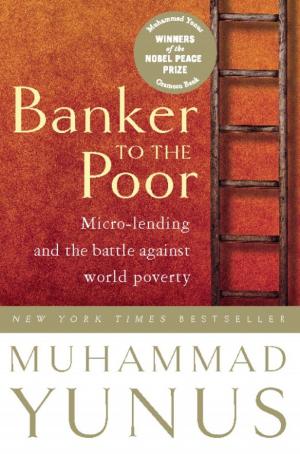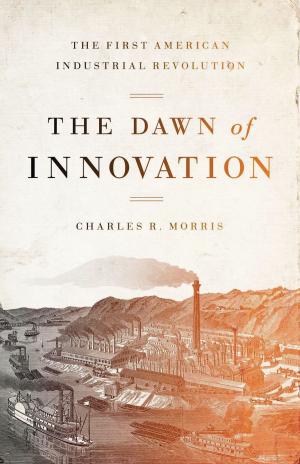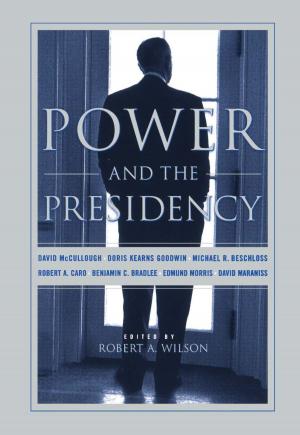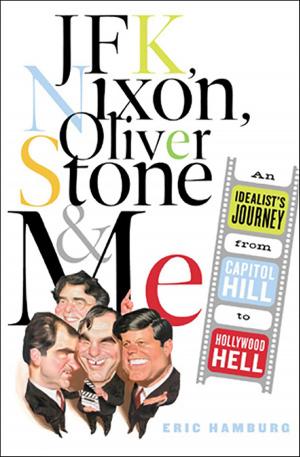Thatcher's Trial
180 Days that Created a Conservative Icon
Nonfiction, History, British, Social & Cultural Studies, Political Science, International, Biography & Memoir, Political| Author: | Kwasi Kwarteng | ISBN: | 9781610395632 |
| Publisher: | PublicAffairs | Publication: | November 3, 2015 |
| Imprint: | PublicAffairs | Language: | English |
| Author: | Kwasi Kwarteng |
| ISBN: | 9781610395632 |
| Publisher: | PublicAffairs |
| Publication: | November 3, 2015 |
| Imprint: | PublicAffairs |
| Language: | English |
In 1981, Margaret Thatcher faced the greatest challenge of her premiership. After nearly two years in office, the British economy was in a bad condition; unemployment had reached levels not seen since the 1930s; the public finances were in the worst condition since 1945. The Economist memorably describes her on 21st March, 1981:
*"Mrs Thatcher is emerging from her second year of office as one of the most extraordinary leaders in modern politics. Her country is in deep recession. Her Cabinet is not so much divided as bewildered. Her once adoring backbenchers are either mutinous or glum. And she has speaking out against her almost every traditional Tory interest: private industry, the City, the counties, the universities, the senior civil service, the defence' establishment....
"Yet she seems impervious to it all...."*
She faced a resurgent social democratic liberalism, and by common consent had just a few months to save her premiership. Instead, in less than 180 days, she reinvented conservatism, showed a ruthless willingness to cut the traditionalists from her government, and promoted a new technocratic generation of fervent right-wingers who would be devoted to her until her final days.
Thatcher's Trial is a short focused history, an investigation of a slice in time. It is also a study in the nature of personality and the ability of individuals to shape events in politics and history. Its narrative is largely drawn from newspapers, archival material from both the Churchill Archive at Churchill College, Cambridge, where Margaret Thatcher's papers have been deposited, and at the National Archive. The memoirs of Thatcher's contemporaries such as Nigel Lawson, Norman Tebbit, Michael Heseltine and others also form an invaluable resource of primary material for this incisive history.
Thatcher's Trial shows how, in a dazzlingly short time, Thatcher transformed the Conservative Party from one that belonged to Westminster, The Guards and Whites Club, to an utterly unrecognizable institution that opened conservatism to the masses.
In 1981, Margaret Thatcher faced the greatest challenge of her premiership. After nearly two years in office, the British economy was in a bad condition; unemployment had reached levels not seen since the 1930s; the public finances were in the worst condition since 1945. The Economist memorably describes her on 21st March, 1981:
*"Mrs Thatcher is emerging from her second year of office as one of the most extraordinary leaders in modern politics. Her country is in deep recession. Her Cabinet is not so much divided as bewildered. Her once adoring backbenchers are either mutinous or glum. And she has speaking out against her almost every traditional Tory interest: private industry, the City, the counties, the universities, the senior civil service, the defence' establishment....
"Yet she seems impervious to it all...."*
She faced a resurgent social democratic liberalism, and by common consent had just a few months to save her premiership. Instead, in less than 180 days, she reinvented conservatism, showed a ruthless willingness to cut the traditionalists from her government, and promoted a new technocratic generation of fervent right-wingers who would be devoted to her until her final days.
Thatcher's Trial is a short focused history, an investigation of a slice in time. It is also a study in the nature of personality and the ability of individuals to shape events in politics and history. Its narrative is largely drawn from newspapers, archival material from both the Churchill Archive at Churchill College, Cambridge, where Margaret Thatcher's papers have been deposited, and at the National Archive. The memoirs of Thatcher's contemporaries such as Nigel Lawson, Norman Tebbit, Michael Heseltine and others also form an invaluable resource of primary material for this incisive history.
Thatcher's Trial shows how, in a dazzlingly short time, Thatcher transformed the Conservative Party from one that belonged to Westminster, The Guards and Whites Club, to an utterly unrecognizable institution that opened conservatism to the masses.















